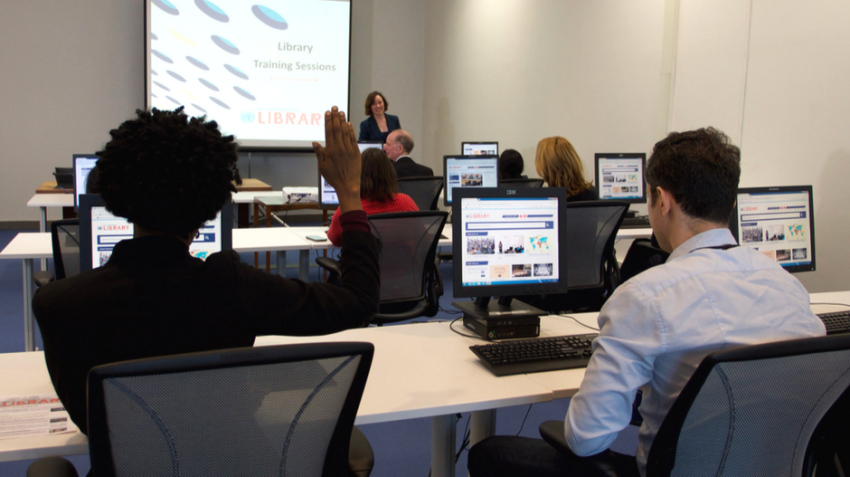A major international event, the Ministerial Transport Conference of Landlocked Developing Countries, starts today.
The conference will explore the ways transport can be a driver for sustainable development in those countries without access to the sea – and how to meet the approximately $500 million investment required to get their infrastructure up to speed.
It is organised by the Office of the High Representative for Least Developed Countries, Landlocked Developing Countries and Small Island Developing States (UN-OHRLLS) and the Government of Turkmenistan.
Over half a billion people live in the 32 landlocked developing countries (LLDCs), reliant on their neighbouring countries and transport links for meaningful inclusion in global trade. Despite this, their transit networks tend to be underdeveloped.
This contradiction is at the heart of their development challenge and with trade costs that are 1.4 times higher than coastal developing countries, the finance to invest in sustainable transport can be hard to find.
The LLDCs were hit hard and in unique ways by the COVID-19 pandemic.
When international borders closed, personal protective equipment, and ventilators became almost impossible to import, and exports decreased, resulting in a sharp decline in income and the ability to pay for the response.
Climate change, too, affects the LLDCs in particular ways. More disasters, higher temperatures, changing precipitation patterns, melting permafrost and desertification all represent major threats to transport infrastructure and services.
Bringing together transport ministers from the landlocked developing countries and the transit countries on which they rely, the conference will share innovative solutions to this financing gap.
Sustainable transport drives poverty eradication and sustainable development. There are many SDG targets directly linked to transport, including:
-
SDG 3 on health (increased road safety),
-
SDG 7 on energy,
-
SDG 8 on decent work and economic growth,
-
SDG 9 on resilient infrastructure,
-
SDG 11 on sustainable cities (access to transport and expanded public transport),
-
SDG 12 on sustainable consumption and production (ending fossil fuel subsidies), and
-
SDG 14 on oceans, seas and marine resources.




